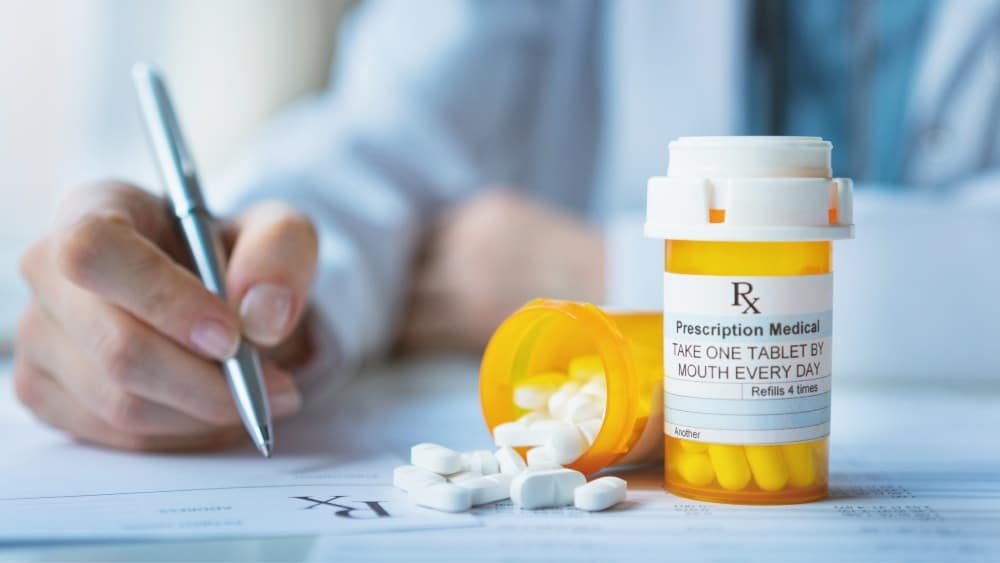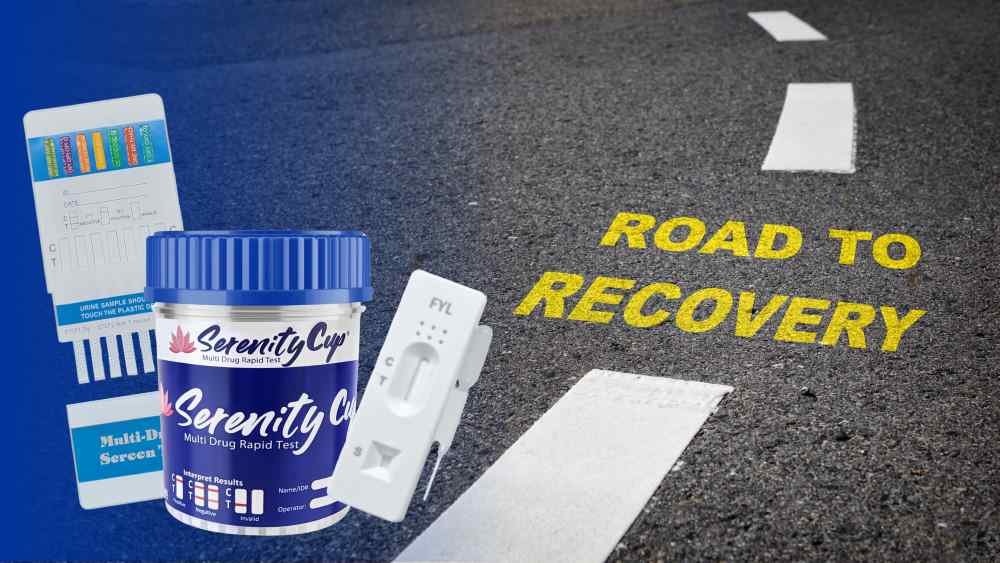Opioid Addiction Treatment and The Crucial Role Healthcare Professionals Play

Table of Contents
The opioid crisis is a formidable public health challenge affecting millions across the globe. It encompasses a complex web of addiction, overdose, and societal impacts that have made it one of today’s most pressing issues. For healthcare professionals, the stakes are high and the role is pivotal to addiction treatment and combating this crisis as a whole.
Understanding the Opioid Crisis
The opioid crisis is not just a medical issue; it’s a societal one that has escalated over decades. Opioid addiction often begins with prescription painkillers, leading to dependence and, in many cases, transition to illicit opioids like heroin. According to data, opioid-related overdoses have become the leading cause of accidental death among adults under 45 in the U.S. The statistics are staggering, with deaths related to opioids increasing sixfold from the late 1990s to the present day.
The crisis’s root causes are multifaceted, involving pharmaceutical practices, prescribing habits, and socio-economic factors. Healthcare professionals are often the first responders in the battle against this epidemic. Their ability to influence prescribing practices, identify early signs of addiction and offer alternative pain management strategies as part of addiction treatment plans is crucial.

The Role of Healthcare Professionals
Healthcare professionals, including doctors, nurses, and pharmacists, play an integral role in both preventing and treating opioid addiction. Early intervention is key, and healthcare providers are uniquely positioned to offer integrated care that addresses both physical and mental health needs. By adopting opioid stewardship practices, they can balance the medicinal benefits of opioids with their potential for harm.
Doctors can implement careful prescribing practices, ensuring opioids are used only when absolutely necessary and in the safest manner possible. Nurses, often on the front lines, educate patients about the risks of opioid use and identify those at risk for substance use disorder. Pharmacists contribute by monitoring prescriptions and offering naloxone to reverse overdoses, thus preventing deaths.
Best Practices and Innovations
Innovations in the healthcare field are crucial to battling the opioid crisis. From telemedicine to advanced data analytics, new technologies are empowering healthcare professionals to offer better care. Programs focusing on harm reduction, such as needle exchange and safe injection sites, have proven effective in reducing the spread of infectious diseases and overdose deaths.
Healthcare systems around the world are adopting integrated care models that combine mental health services with primary care to address the underlying causes of addiction. Successful case studies, such as Boston Medical Center’s comprehensive approach to opioid use disorder, serve as exemplars for others to follow.

Challenges Faced by Healthcare Professionals
Despite their critical role, healthcare professionals face numerous challenges in addressing the opioid crisis. Stigma surrounding addiction can hinder open communication between patients and providers. Additionally, systemic issues such as insufficient funding, lack of training, and bureaucratic hurdles make it difficult for healthcare workers to implement effective solutions.
Overcoming these obstacles requires a multi-faceted approach. Training programs can equip healthcare professionals with the skills needed to manage complex cases of opioid use disorder. Support strategies, such as peer networks and professional resources, can also provide much-needed assistance.
The Future of Combating the Opioid Crisis
The landscape of opioid addiction and treatment is constantly evolving. Predictions indicate a growing reliance on technology to enhance treatment outcomes and improve patient engagement. The role of healthcare professionals will continue to evolve as they adapt to new methodologies and integrate cutting-edge solutions into their practice.
Collaboration is essential for shaping a healthier future. By working together, healthcare professionals, policymakers, and communities can develop effective strategies to combat the opioid crisis. Initiatives that emphasize prevention, education, and recovery support will be crucial in turning the tide against this epidemic.

Conclusion
The opioid crisis represents one of the most significant public health challenges of our time. Healthcare professionals are on the front lines, making a profound impact through their dedication and expertise. By implementing best practices, overcoming challenges, and leveraging innovations, they are essential in the fight against opioid addiction.
For those within the healthcare community, collaboration and continued education are vital. By staying informed and engaged, healthcare professionals can lead the charge in combating the opioid crisis and making a lasting difference in the lives of those affected. For more information and resources, consider exploring related articles and joining professional networks dedicated to addressing this critical issue.
Links & Resources
- What Strategies Are Hospitals Adopting to Address the Opioid Epidemic?
- The Opioid Crisis: Hospital Prevention and Response.pdf
- The Opioid Epidemic: The Evolving Role of Nursing.pdf
- 6 Key Actions in Opioid Stewardship (The role of healthcare professionals in opioid addiction prevention)
- Navigating Challenges in Opioid Addiction Recovery & Avoiding Temptation
- How Gas Station Drugs Are Contributing To The Opioid Crisis In America

